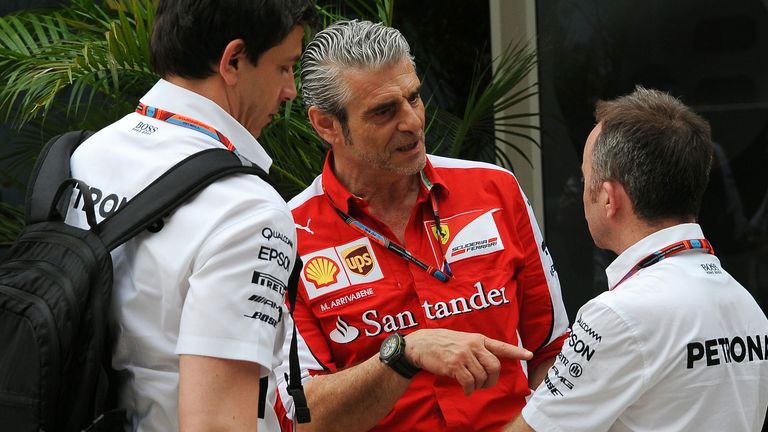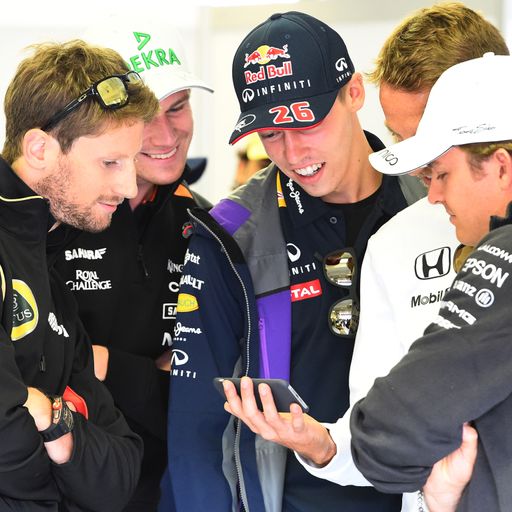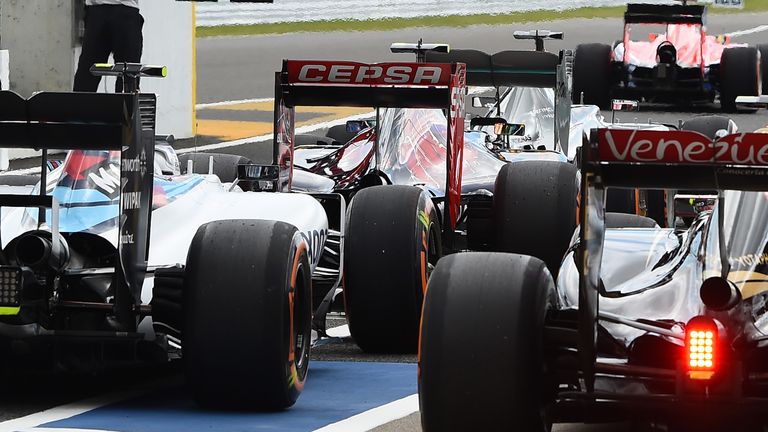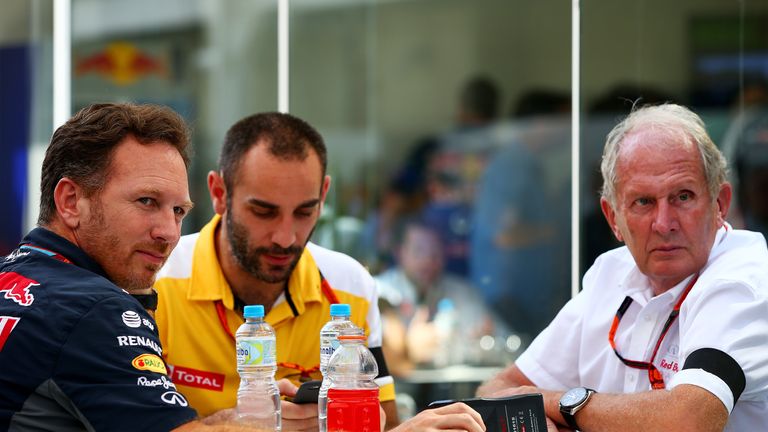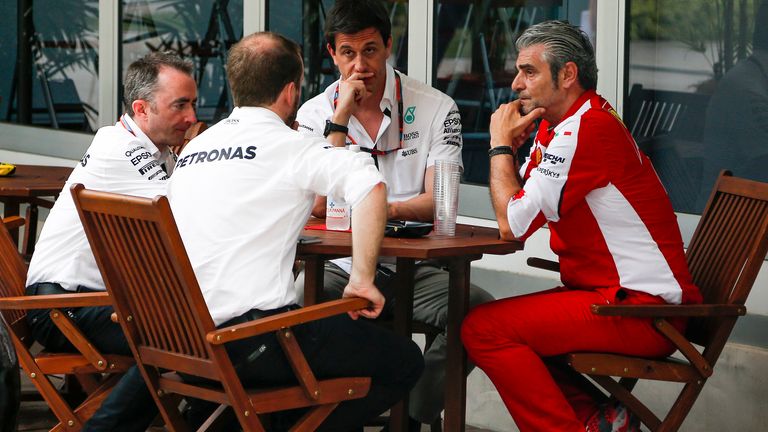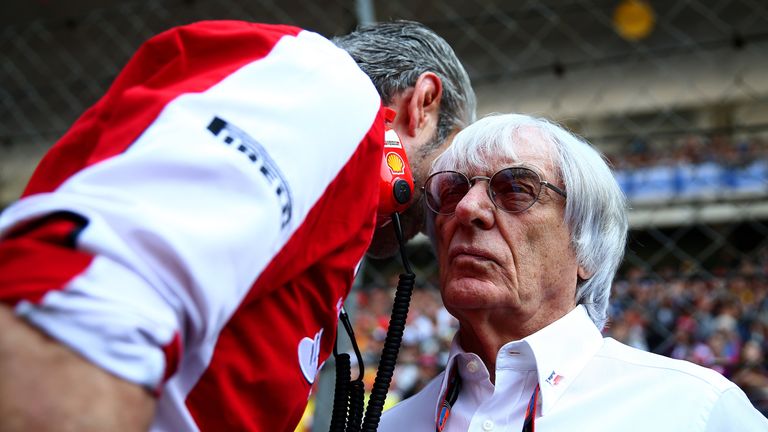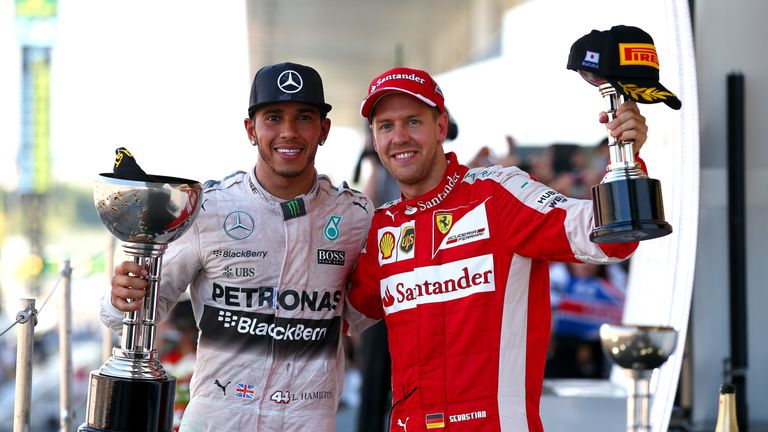F1's engine: Has peace been agreed?
What effect will the 2018 cost-saving measures on engines have, which parties come off better, and is F1's power battle now over?
Wednesday 20 January 2016 13:59, UK
What has been agreed?
The headline news from F1's high-power meetings is that the fees customer teams will pay for their engines from 2018 onwards will be substantially reduced.
The change from V8 to V6 power units two years ago pushed the engine costs for independent teams such as Williams and Sauber up to around 20m euros, but that will cut to around 12m euros from the season after next.
New rules will also be put in place which guarantee all teams an engine supply and the number of gearboxes a driver can use per season to be reduced to three.
In theory, the reduction in customer fees will hit the manufacturers' bottom line. However, agreement on the standardisation of some power unit parts will help bring down their own manufacturing costs.
Crucially, the car makers have agreed to the concessions in exchange for a promise hybrid-turbo engines will remain in place until 2020. As a result, the spectre of Jean Todt and Bernie Ecclestone imposing an independent 'budget' engine on the sport has, seemingly, disappeared.
How big a difference will the savings make?
While even 12m euros might still seem a hefty fee to be paying out even before they go racing, a significant reduction in fees is what the smaller teams have campaigned for since the current engines were introduced two years ago.
Former Williams chairman Adam Parr tweeted: "A very welcome reduction in power unit costs for independent teams. The saving of c. £5m/y is like landing several new sponsors in one go."
Commercial deals of significant weight remain hard to come by for even F1's biggest teams, so this certainly represents a short cut to helping sure up ever-tightening budgets - but only after 2018.
How will engine supply be guaranteed?
With no official announcement from the FIA regarding the agreed plans, information on some of the detail remains sketchy.
For a guaranteed engine supply, it is likely the regulations will be rewritten to specify the minimum number of teams a manufacturer must supply.
Currently, only the maximum number of teams permitted - three - has been regulated, although Mercedes have gained dispensation in recent years to run three customers in addition to their own works team.
Will the manufacturers be happy?
Although Ferrari had previously vetoed Todt's initial proposal to introduce a 12m euros cap on engine fees, F1's four manufacturers were always likely to eventually agree to some sort of compromise - particularly once the thorny issue of budget engines was lobbed, grenade-like, into the debate.
Retaining the hybrid technology they had spent so much time and resource developing always appeared non-negotiable and, provided the agreements are ultimately enshrined in the regulations, it gives the car makers, and F1 itself, much-needed power unit stability for another five seasons.
So has Bernie lost?
A dangerous question to pose, let alone answer in the affirmative. Ecclestone is firmly opposed to V6 engines so the news the engines are sticking around until 2020 would, on the face of it, not appear to be his preferred solution.
Speaking to Sky Sports News HQ in December, Ecclestone said he would rather not see a two-tier engine formula, but did still want a revised powerplant: "What we are trying to do at the moment is to get regulations for a new engine that is the same for everyone," he said. "We don't want different engines for different teams if we don't have to, if we have to that is what will happen, but that is what we would rather not happen."
Ecclestone's alliance with Todt on the controversial 'budget' engine proposal was interpreted as a way of forcing the engine manufacturers, principally Mercedes and Ferrari, to loosen their grip on the market and this week's developments have certainly seen them cede some ground.
But is it enough for Bernie? It probably won't be long before we hear from the F1 ringmaster...
What happens next?
"These developments are in place now so we can head into the new season with a note of compromise and the big players reading off the same page in terms of the way forward for the sport," reports Sky Sports News HQ's Craig Slater.
With a consensus reached, the first step is for the agreements to be formalised - and that should occur at the next World Motor Sport Council meeting in March.
In the longer term, plenty of battlegrounds remain. The locking in of the current engines until 2020 neatly ties in with when the teams' commercial agreements with Ecclestone expire, and there is already plenty of debate over how teams will tackle those contract renegotiations.
Speaking to Sky F1 last weekend, Claire Williams said: "The conversation has been boiling up quite considerably and much more than it has in the past. The current agreement runs out in 2020 and as much as that seems a very long way in the future we will, as teams, start negotiating with Mr Ecclestone in advance of that."
As so often, costs - and principally the distribution of F1's wealth - will be front and centre of those discussions.
